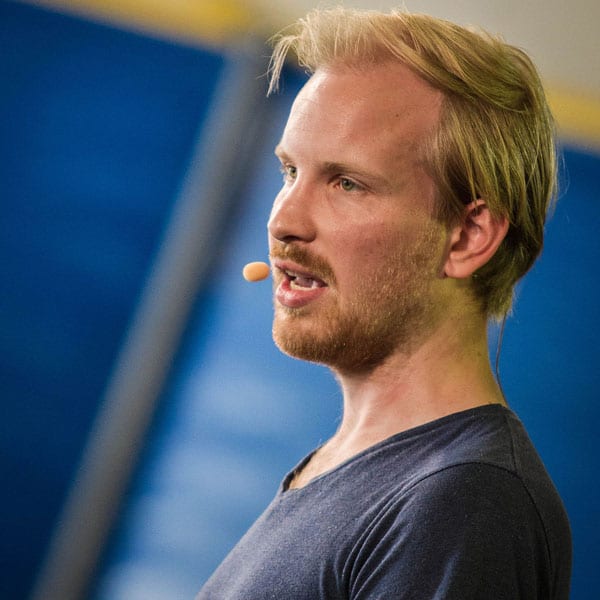
January 30, 2019; Guardian and Vox
Into the lions’ den went Daniel. But this year, he went as Rutger Bregman, a Dutch historian and author. The lions were wealthy philanthropists, and the den dressed up as the World Economic Forum (WEF) in Davos, Switzerland.
The annual Forum brings together “the heads and members of more than 100 governments, top executives of the 1,000 foremost global companies, leaders of international organizations and relevant non-governmental organizations, the most prominent cultural, societal and thought leaders, and…disruptive voices…to define priorities and shape global, industry and regional agendas.” Bregman became one of those disrupters when he challenged the assumption that a robust philanthropic environment was a good thing and told his elite audience that they were confusing their choice to be charitable with their obligation to pay taxes.
Raising a theme that has been emerging in the post-election US political scene and has been closely followed by NPQ, according to the Guardian, Bregman pointed out “that 1,500 people had travelled to Davos by private jet [but] that no one was talking about raising taxes on the rich. I hear people talking the language of participation, justice, equality and transparency but almost no one raises the real issue of tax avoidance, right? And of the rich just not paying their fair…it feels like I’m at a firefighters conference and no one’s allowed to speak about water.”
In a follow-up conversation with Vox, Bregman made his point even clearer.
No one’s talking about the elephant in the room…it’s all about education, and climate change, and feminism, and inclusion…the solutions are so pathetic, to be honest. It’s, “We’re going to organize another workshop on transparency,” or, “We have this great initiative with the Bill and Melinda Gates Foundation.”
Sign up for our free newsletters
Subscribe to NPQ's newsletters to have our top stories delivered directly to your inbox.
By signing up, you agree to our privacy policy and terms of use, and to receive messages from NPQ and our partners.
I mean, there’s some great philanthropy, right? But philanthropy is not a substitute for democracy or proper taxation or a good welfare state.
One member of the audience, former Yahoo chief financial officer Ken Goldman, challenged Bregman, citing the robust world economy and the record low unemployment rate in the United States as proof of the value of low taxes and in defense of the top tenth-of-one-percent and their charitable nature. “We’ve actually reduced poverty around the world; no one’s talking about that at all.” Yet the needs of billions of people for the basic needs of food, shelter, education, healthcare, and the hope for a brighter future remain unmet.
How to respond to Bregman’s challenge remains an open issue. Trust those with great wealth to see the need, define the solutions, and fund the work to be done? Encourage those who don’t to become more philanthropic? Are the great human problems that result from economic injustice best solved by collective governmental action, including a fairer tax system?
Last fall, Ruth McCambridge, quoting Ted Lechterman, raised this question as NPQ covered Jeff Bezos’s $2 billion leap into philanthropy: “Members of the public have a vital interest in being able to oversee the provision of goods and services that support their most basic needs. This kind of accountability is possible only when these needs are served by democratic governments, not rich benefactors operating in their place.”
For the nonprofit sector, which depends on both sources of funding, this debate is more than an intellectual exercise. If charitable giving is an important feature of a healthy environment, does it matter that fewer people can afford to be donors and more giving comes from a diminishing group of wealthy individuals? Does it matter that the broad definition of “philanthropy” values help for the homeless and hungry as much as Harvard University’s next new building? Does it matter that a gift to a donor-advised fund is seen as charitable as a gift for medical research?
If these decisions have weight, nonprofits need to risk speaking up, joining Bergman and other voices who see the need for systemic change that places philanthropy and government in a different relationship. We need to risk the ire of Goldman and other wealthy philanthropists in service of a better way to get the societal changes we know are needed and help those we are there to serve.—Martin Levine











